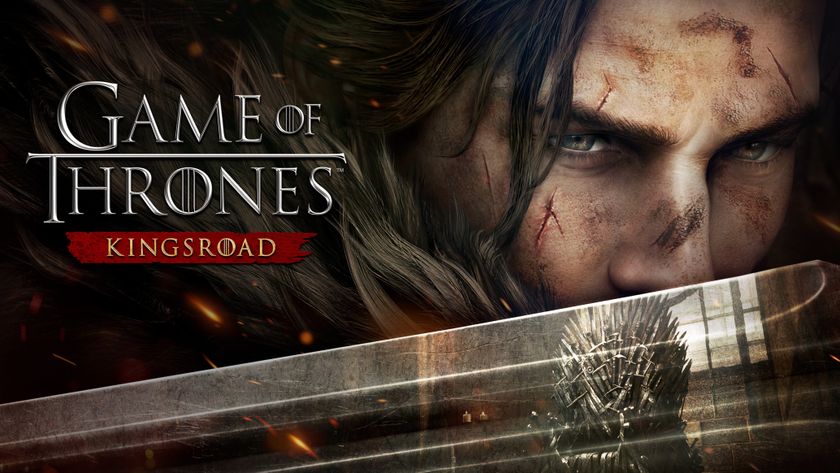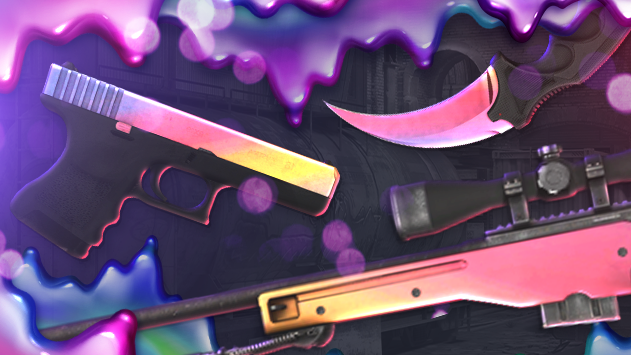World of Warcraft desperately needs its next expansion
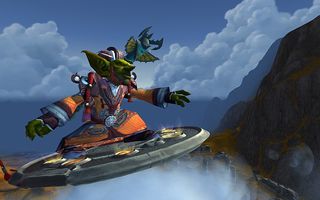
We're about nine months into World of Warcraft's Warlords of Draenor expansion, and I can't remember what any of my guildmates look like. It's not like I don't have contact with them: I log in about four times a week, and we exchange jokes in little green letters in the lower left of the screen. But as for actually seeing them? Forget it.
We've stopped raiding, and we're all too "busy" when we're online together. We're picking herbs or mining ore. We're preparing work orders. We're finishing quests with NPC "bodyguards" to get more oil to launch naval missions for gear. And the worst part? We're all doing the same things on our alts. This is what much of World of Warcraft consists of these days, and it's awful. As a whole, it's easily the worst expansion for Blizzard's beast to date.
Early on, as reflected in our review, it was easy to believe that things would be otherwise. Blizzard got so many parts of the expansion's leveling experience so perfectly right, and the wonderful variety encountered on the journey from levels 90 to 100 seemed to presage better things to come.
It's easily the worst expansion for Blizzard's beast to date.
The main quest seemed great, populated by famous orcs brought back to life with a hackneyed time travel story and pushed along by an Archmage Khadgar who resembled George Clooney more than the decrepit Merlin of Warcraft past. Then there were the many "rare" bosses and treasures scattered throughout the beautiful new world, each dropping toys or leveling gear. Elsewhere, we found optional "bonus" areas that broke up the core leveling drive, and specialized vehicles and abilities helped each zone feel unique. Much of this drew from the playbooks of Guild Wars 2 and Final Fantasy XIV, to be sure, but in those happy days it looked as though WoW was ready to head into its next 10 years with renewed strength.
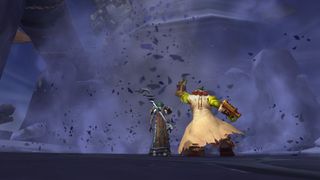
I still believe it might have, if Blizzard hadn't essentially put the whole expansion on autopilot shortly thereafter. Two fun new raids emerged shortly after launch, hinting that Blizzard might maintain a rapid patch schedule for the duration of the expansion. Even then there were signs of trouble when Kargath Bladefist, one of the expansion's more memorable orcs, died anticlimactically what amounted to little more than a cocky arena squabble. Two more raids followed, months apart from each other, which trivialized the grand 90-100 leveling story with a whack-an-orc boss progression. That was all fine and good for the raiders, but virtually nothing new happened in the world supporting all this until Blizzard opening the final zone of Tanaan Jungle as a daily quest zone. By then, millions of players had already left.
As of August 4, World of Warcraft's subscriber numbers sat at 5.6 million, down astronomically from the 10 million reported at the start of the expansion. Few things contributed to such a breathtaking drop quite like WoD's excessive focus on garrisons, the quasi-player housing Blizzard introduced with the expansion, as almost every action that once required player or world interaction could now be done from the dull comforts of home. Need herbs or ore? No worries—you can amass tons in your garrison regardless of whether you're a miner or herbalist. Need gold? Just send one to three NPC "followers" on relevant missions. Heck, need up-to-date epic gear? Just send your followers on missions for that as well.
You don't even have to bother with other players when fighting elites in the world—just make an NPC follower a "bodyguard" and boom, you're fine. Later naval battles built off the follower system with tougher requirements, but the end result was essentially the same. Throughout most of the expansion, I've been able to keep my alternate characters "current" without leaving the garrison at all, and for an MMORPG, that's just sad. Self-reliance is one thing, but stripped of the need to interact with other people, MMORPGs are nothing more than mediocre RPGs.
The biggest gaming news, reviews and hardware deals
Keep up to date with the most important stories and the best deals, as picked by the PC Gamer team.
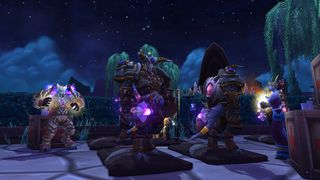
There's a sense of sloppiness that seeps through every aspect of WoD's post-launch design. Its reimagining of old assets lacks the creativity of previous expansions, and its introduction of upscaled classic dungeons seemingly avoided the need to develop new ones. It feels rushed, although it's but a placeholder while the team scrambles to come up with something better, and the early GamesCom announcement for the next expansion seems to confirm this. It's almost as though Blizzard recoiled in horror over the mixed reception to the Mists of Pandaria expansion and responded by giving players what it thought they wanted—orcs, orcs, and more orcs.
I hope that's not the case. I loved the setting and lore of Mists of Pandaria. Blizzard gambled with an aesthetic far removed from that of traditional western fantasy, and it used it to craft a rich, cautionary tale that served as a metaphor for western imperialism in 19th century China. We as players interacted with its world in a way that seems magical after Warlords, and I left it with some new friends after grouping on the Timeless Isle and the Isle of Thunder.
I'm leaving Warlords with none. Draenor is a sad case study into what MMORPGs are becoming, and like few other games, it speaks of the dangers of placing too heavy an emphasis on single-player content in a genre that was never meant for it.

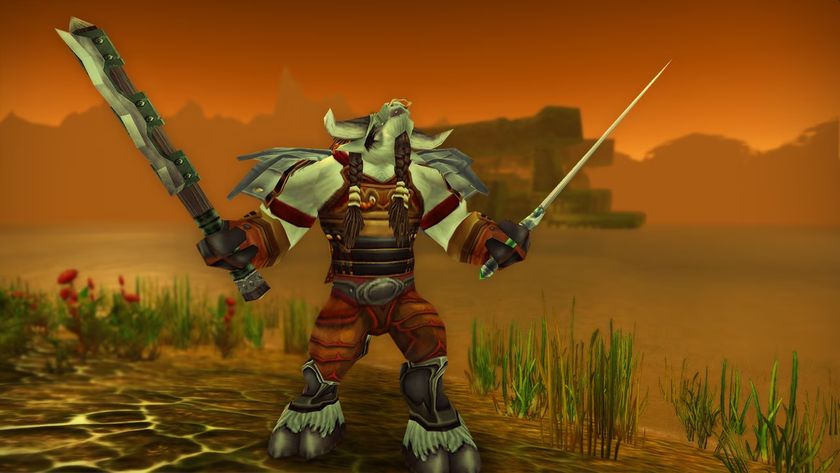
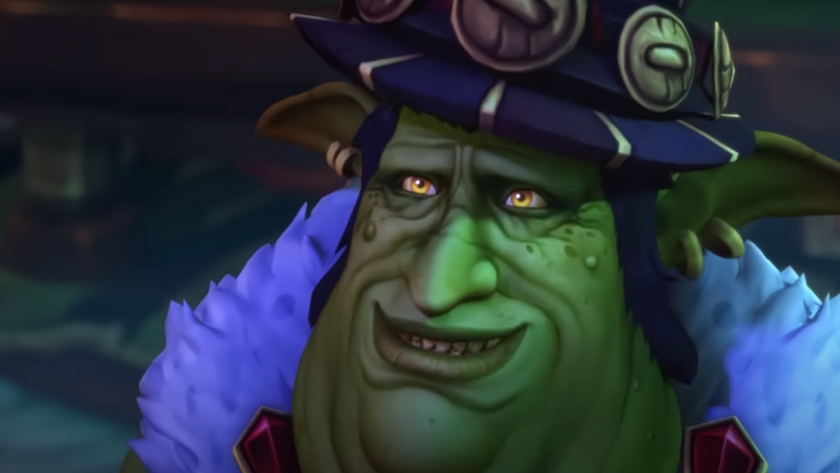
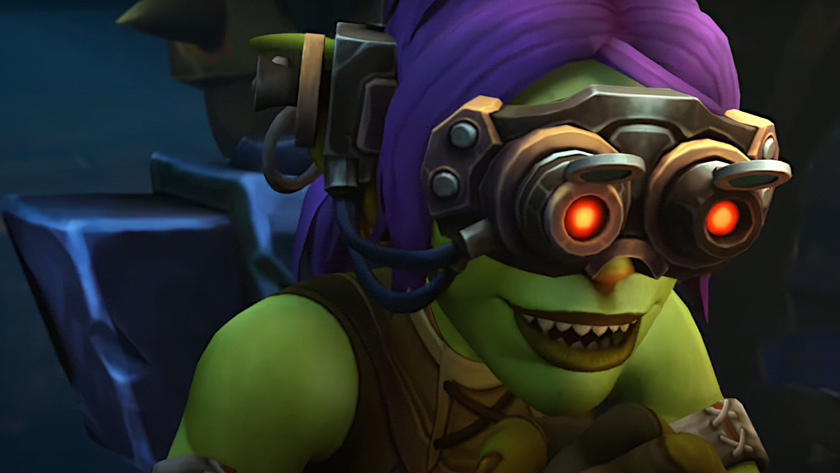
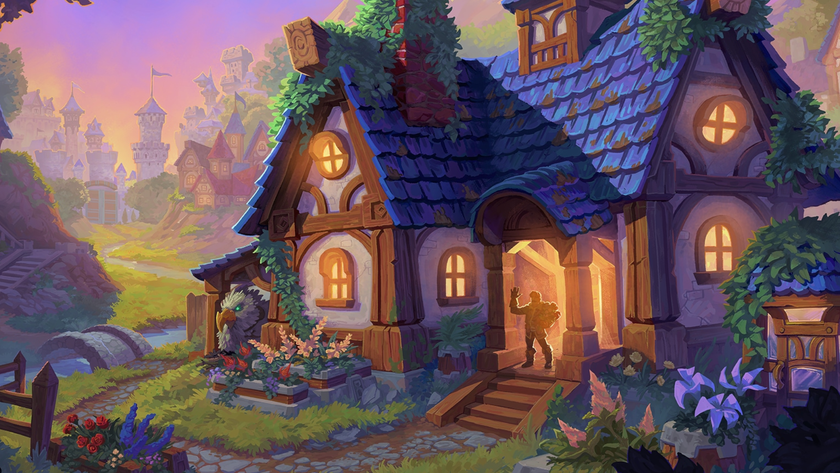

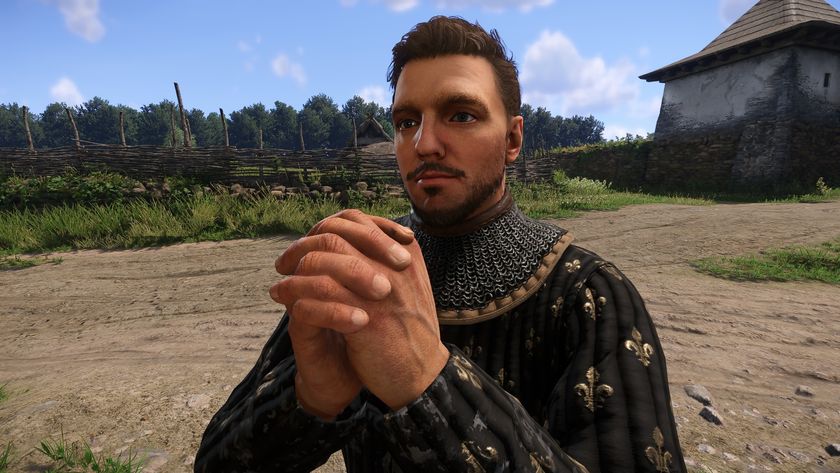
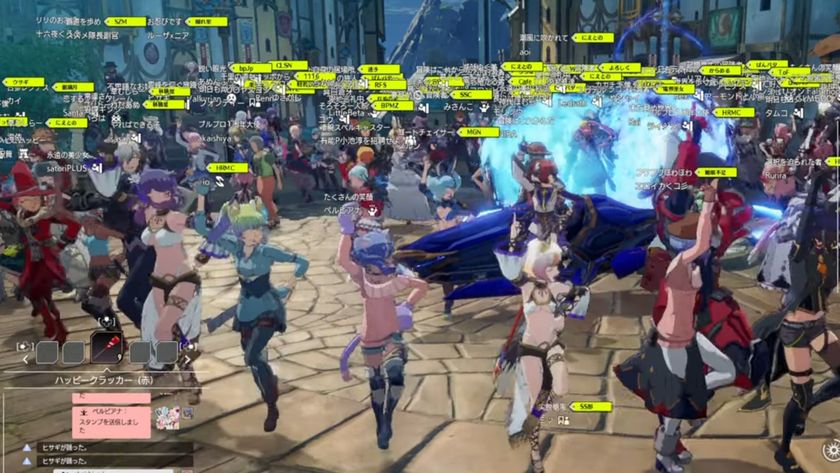
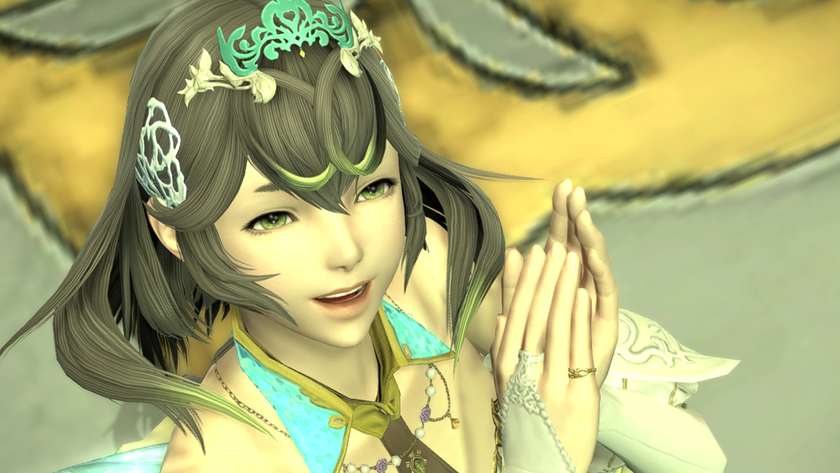
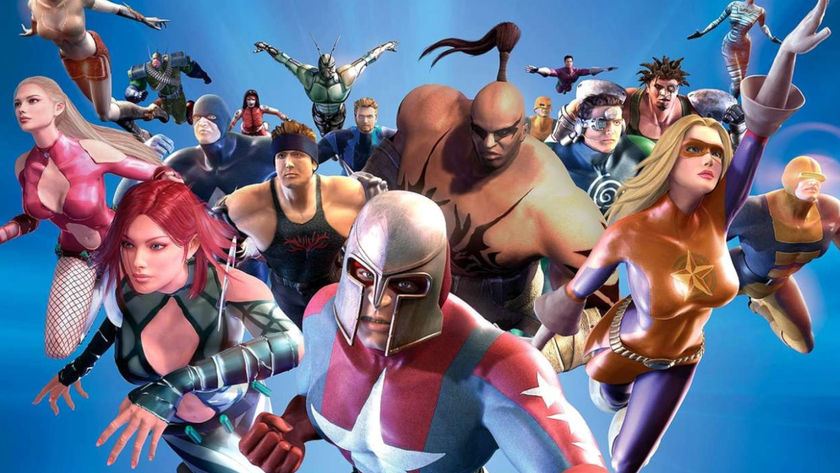
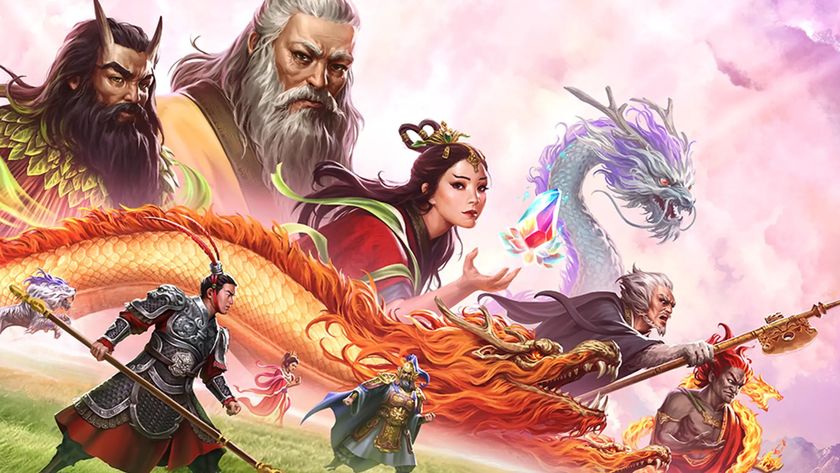
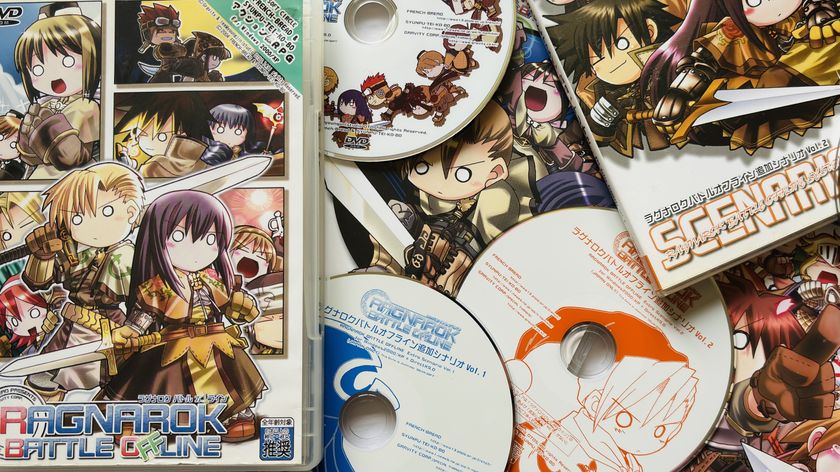

Blizzard plans to revive WoW Classic Hardcore characters 'at our sole discretion', after DDOS attack puts major streamer guild OnlyFangs in the ground

World of Warcraft Classic’s Season of Discovery may be teasing a legendary weapon that players have speculated is in the game for two decades

